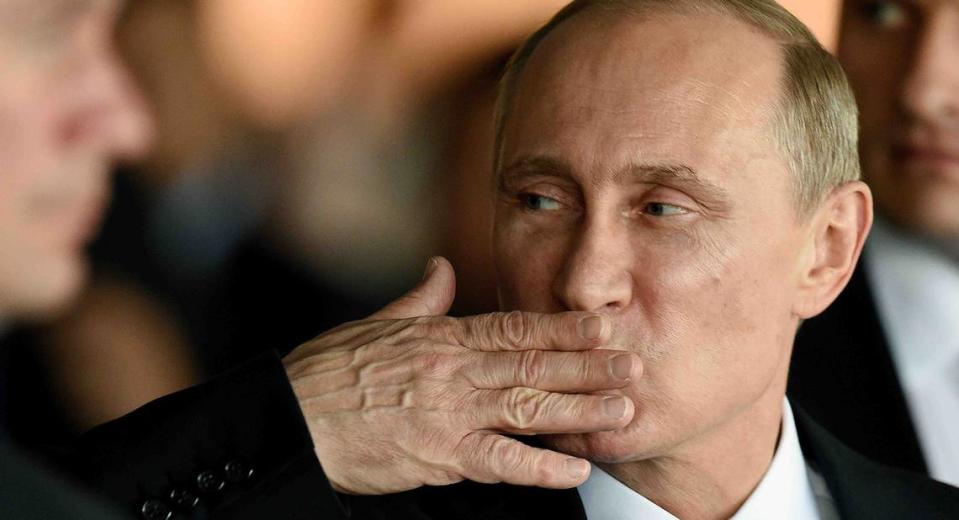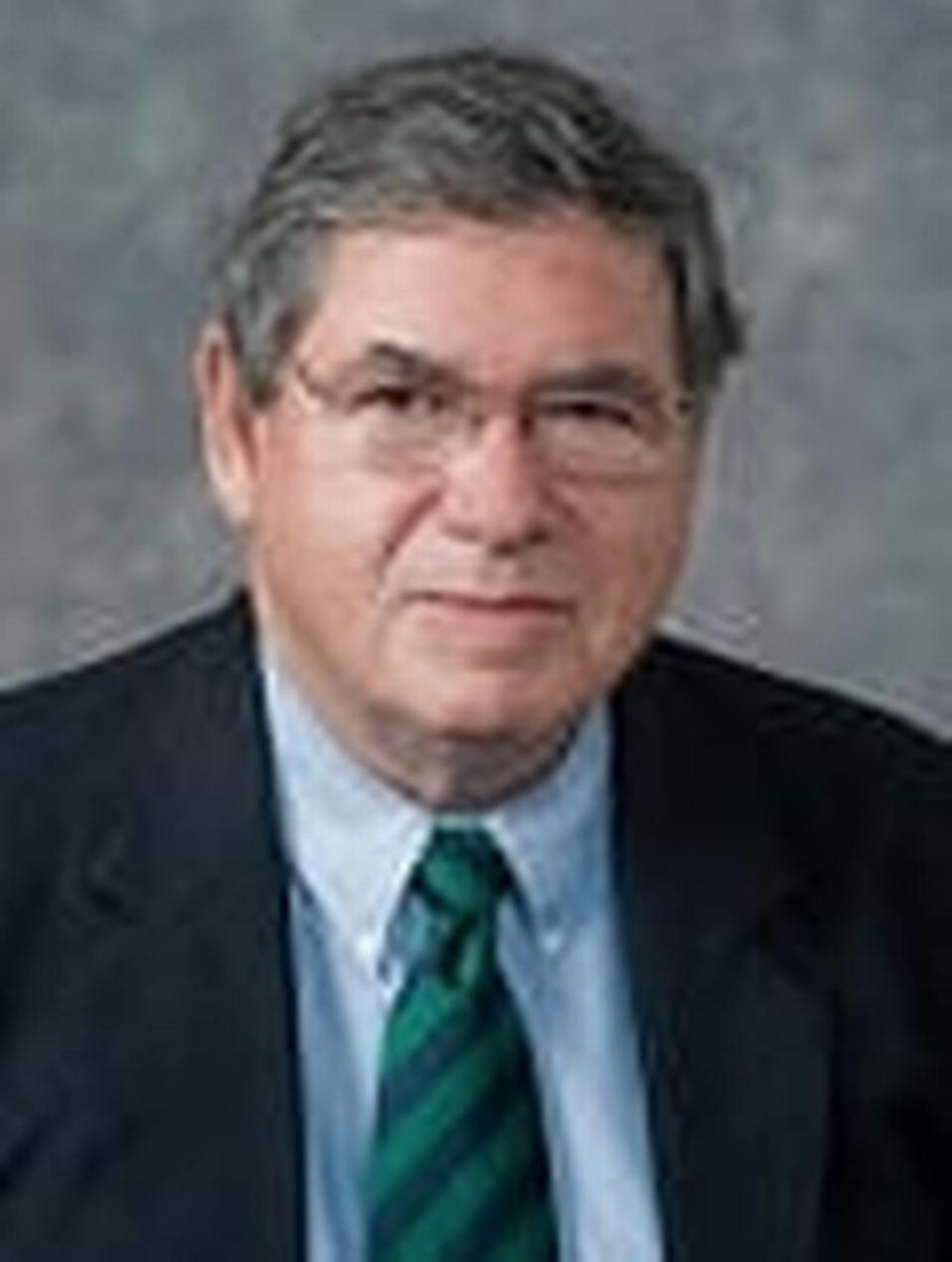When it comes to Ukraine, Trump is the gift that keeps on giving — to Putin | Opinion
The conclusion of the politically toxic impeachment process and the emergence of the worldwide coronavirus pandemic, not surprisingly, have diverted public and media attention from the United States’ relationship with Ukraine. As a result, President Trump, through his actions and inactions, can quietly continue to undermine one of America’s most important and vital strategic relationships. There is only one real beneficiary, the authoritarian leader for whom the president seems to have an unusual affinity, Vladimir Putin.
A bit of history is useful in understanding both the importance of what is happening and, equally important, not happening.
It is easy to forget that in 1991, upon gaining independence from the Soviet Union, Ukraine became the world’s third-greatest nuclear power. In 1994, amid growing concern about its security, and under pressure from the United States to do so, Ukraine voluntarily turned over to Russia its entire nuclear arsenal — 175 long-range missiles, 1,800 nuclear warheads and 2,500 tactical nuclear weapons. In return, the principal countries involved with Ukraine in these negotiations, the United States, Britain and Russia, signed the “Budapest Memorandum” assuring the sanctity of Ukraine’s borders and territorial integrity.
In the immediate aftermath, the United States, recognizing the crucial importance of Ukraine as a vast buffer state between Russia and West Europe, dramatically increased development assistance to the country. This was critical because Ukraine, like many post-Soviet countries, was near economic collapse caused, in significant part, by massive corruption prevalent in Russia and many former Soviet states.
As many Ukrainians feared, the 1994 assurances ultimately meant little. In 2014, an emboldened Russia, led by Putin, a man whose opponents frequently die in strange ways, invaded and still occupies two historically and economically important parts of Ukraine. Along with prior successful military incursions into parts of the nations of Georgia and Moldova, occupied Ukraine represented a domestic victory for Putin, an important assertion of newfound Russian power and a growing threat to parts of Central Europe.
The initial 2014 Western response, while perhaps over-cautious, was significant. U.S.-imposed sanctions caused a lot of economic pain for Russia. Since then, Ukraine has received about $2 billion in U.S. military and development assistance. More significant, and contrary to many of Trump’s comments, Europe, in providing $15 billion in assistance to Ukraine since 2014, has done more than the United States.
These efforts produced positive results. Last year, Ukraine for the first time elected both a seriously reform-oriented president and parliament. While initially doubted internationally for his lack of political experience, President Volodymyr Zelensky has taken significant steps to achieve his two principle campaign promises.
He has moved aggressively against corruption and has sought an honorable end to his country’s six-year war with Russia. To begin the latter, in December he met in Paris with Putin and, to the surprise of many, including a significant portion of the Ukrainian public, stood his ground remarkably well. With strong support from Angela Merkel, some small but important successes were achieved, and a follow up meeting set.
What made this especially significant was that Zelensky in the eyes of many, including undoubtedly Putin, had been hung out to dry by his presumed most important ally, the United States. Trump’s frequent pro-Putin advocacy for lifting sanctions, his previous proposals to reduce U.S. aid to Ukraine (each year overridden by Congress) and his efforts to readmit Putin to the G7 — not to mention the hugely politically compromising nature of Trumps ”perfect phone call” — all dramatically undercut the Ukrainian president’s legitimacy and bargaining power at home and abroad.
It is in this context that the Trump administration’s continuing actions and, most notably, inaction — especially Secretary of State Mike Pompeo’s failure, while visiting Ukraine on Jan. 31, to invite Zelensky to Washington — provides yet another important victory for Vladimir Putin in what is now a quarter-century struggle between the United States and Russia over the future of Ukraine. As such, it undermines important, longstanding U.S. strategic interests and is yet another gift from Trump to his great friend Vlad.
Allan Rosenbaum is professor of public administration in the Stephen J. Green School of International and Public Affairs at Florida International University. He first traveled to Ukraine on behalf of the USAID in 1994 to advise the Ukrainian Parliament and has made many subsequent trips there to work on democratic institution building.


